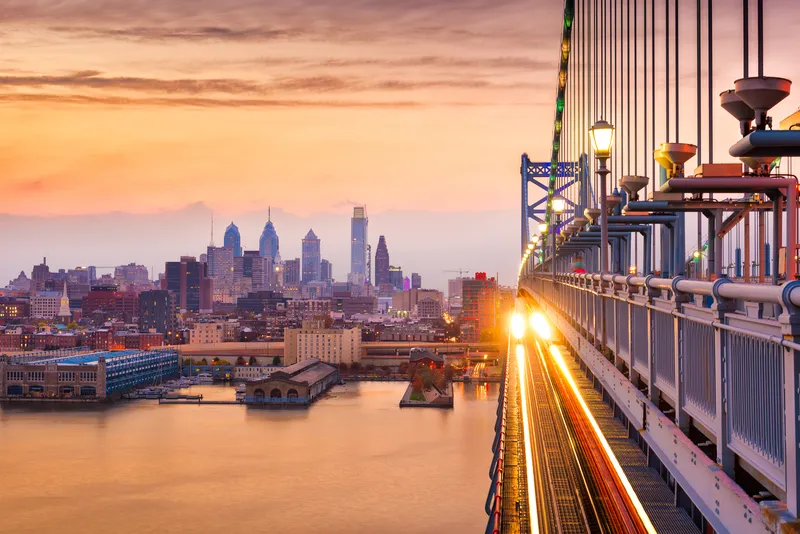Working with MBTA, the project includes seven new stations including the relocated Lechmere Station, and a vehicle storage and maintenance facility and two distinct branches. In addition, it will feature a mainline branch operating within the existing right-of-way for the MBTA Lowell Line beginning at a relocated Lechmere Station in Cambridge and travelling north to Medford. A branch line operating within the existing right-of-way for the MBTA Fitchburg Line to Union Square in Somerville will also be included.
Extension of the Green Line will also support municipal plans for urban redevelopment and provide residents with faster journeys to jobs and other destinations. Its projected daily ridership is estimated to be 45,000 by 2030.
The joint venture also includes
FC will book its share of the contract value into backlog in the fourth quarter of 2017, and the project is slated to begin construction in 2018 and open for service in late 2021.
Fluor chosen to lead joint venture for Boston Green Line rail extension project
Fluor Corporation (FC) has been selected by the Massachusetts Bay Transportation Authority (MBTA) to lead a joint venture for the Green Line Light Rail Extension in Boston, valued $2 billion (£1.5 billion). The project aims to provide a local and regional mobility one-seat ride to downtown Boston, address transportation concerns, reduce the number of automobiles on local roads and combat air pollution.
November 23, 2017
Read time: 2 mins







